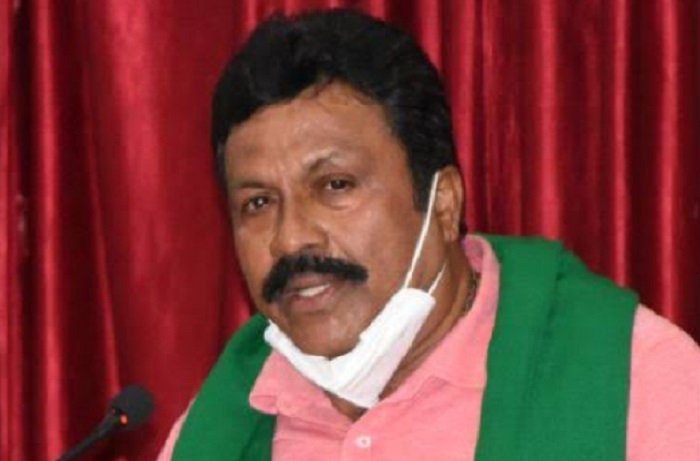Bengaluru, June 12: The Karnataka government has withdrawn its notification that allowed factories to extend working hours up to 10 hours a day and 60 hours a week, with immediate effect.
The extension of work hours was from eight hours a day and 48 hours a week. On May 22, the government had exempted all the factories registered under the Factories Act, from the provisions of Section 51 (weekly hours) and Section 54 (daily hours), till August 21 subject to certain conditions.
"Whereas, having examined the provisions further, the Government of Karnataka now intends to withdraw the said notification," the state government in a fresh notification dated June 11 said.
It said, "Therefore, in exercise of the powers conferred under Section 5 of Factories Act, 1948 (Act No. 63 of 1948), the Government of Karnataka hereby withdraws the Notification dated 22-05-2020 with immediate effect."
According to the Karnataka Employers' Association, a petition was filed in the High Cour challenging the May 22 notification as "illegal, arbitrary and in violation" of Section 5 of the Factories Act which permits exemption from any of the provisions of the Factories Act only in case of Public Emergencies'.
During the course of hearing on June 11 an observation was made by the High Court, that it may have to quash the notification unless the government clarifies as to what is the 'Public Emergency' involved to enhance the working hours by exempting some provisions of the Factories Act, it said.
The court further observed that the government should make a submission on June 12 in this behalf. However, the government withdrew the notification on June 11 itself. Recently states like Rajasthan and Uttar Pradesh too had retracted after permitting extending work hours.





Comments
Add new comment